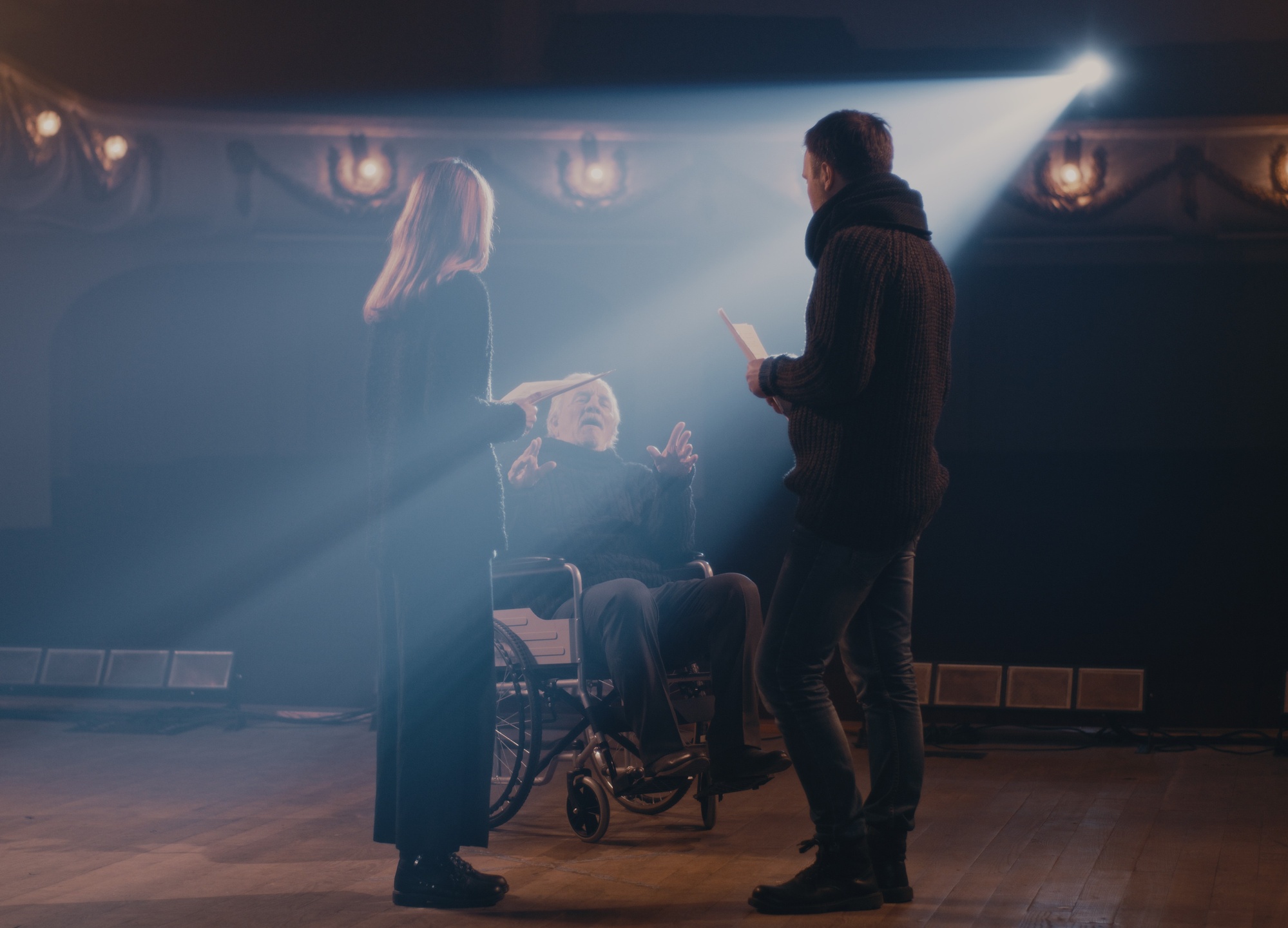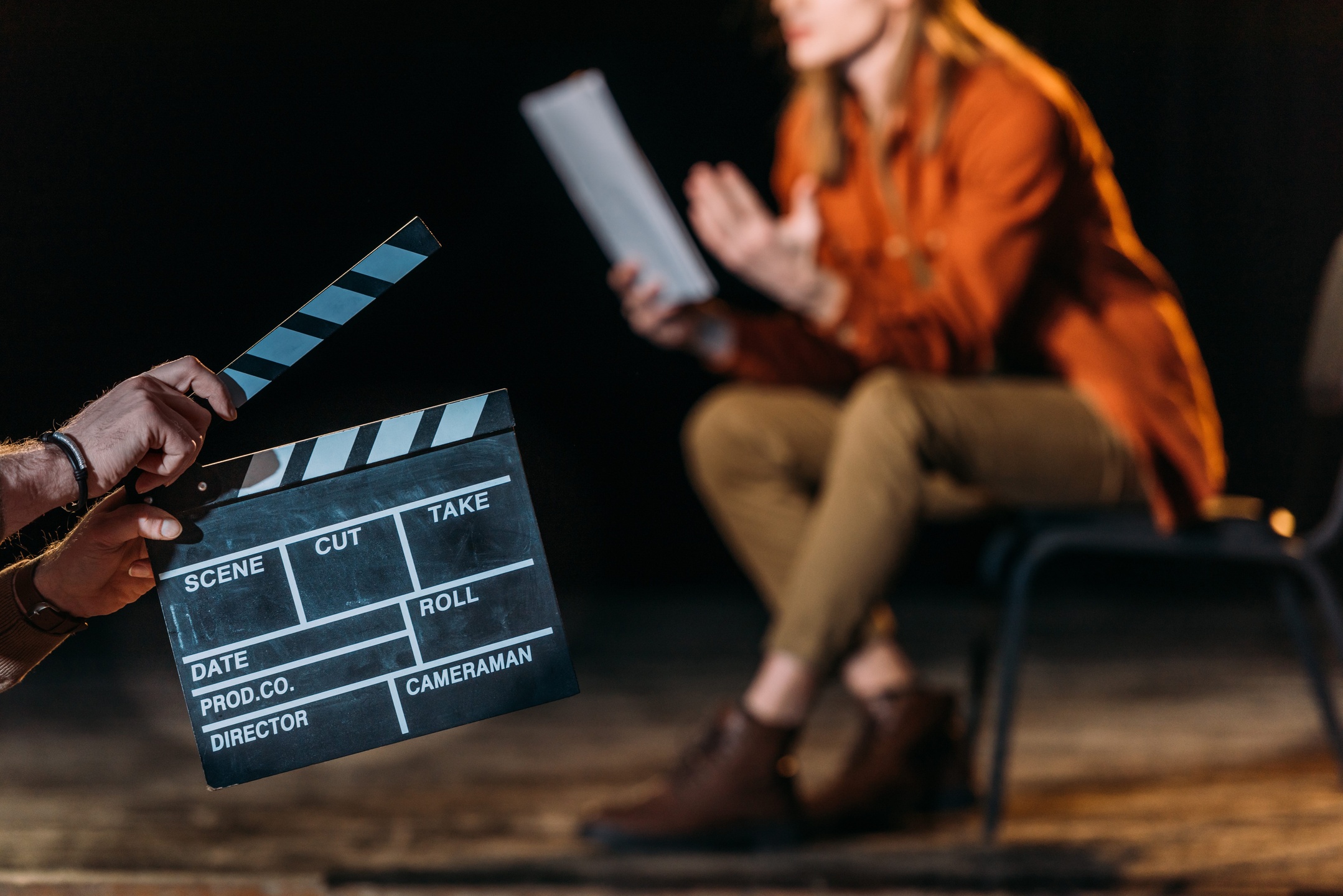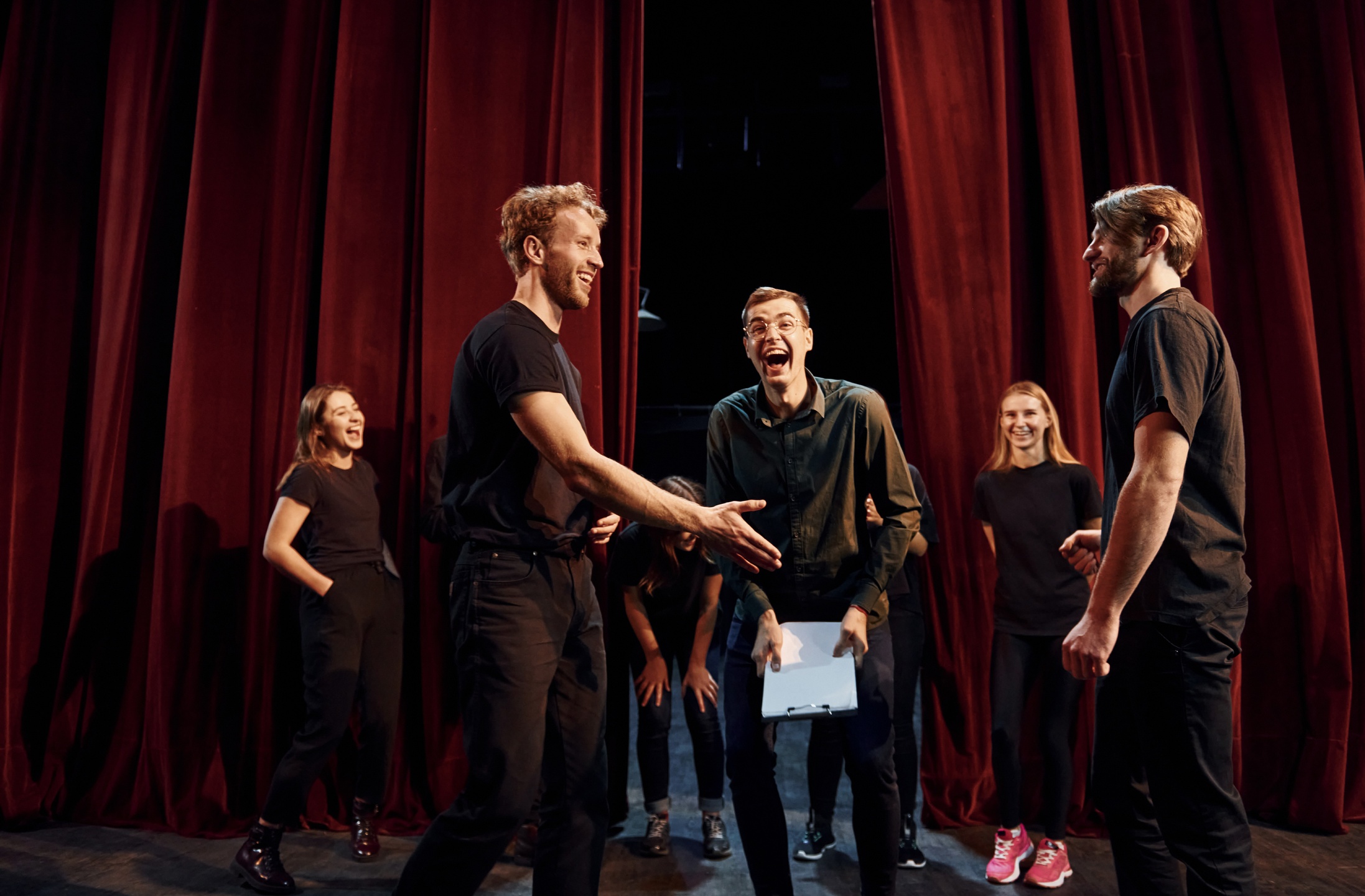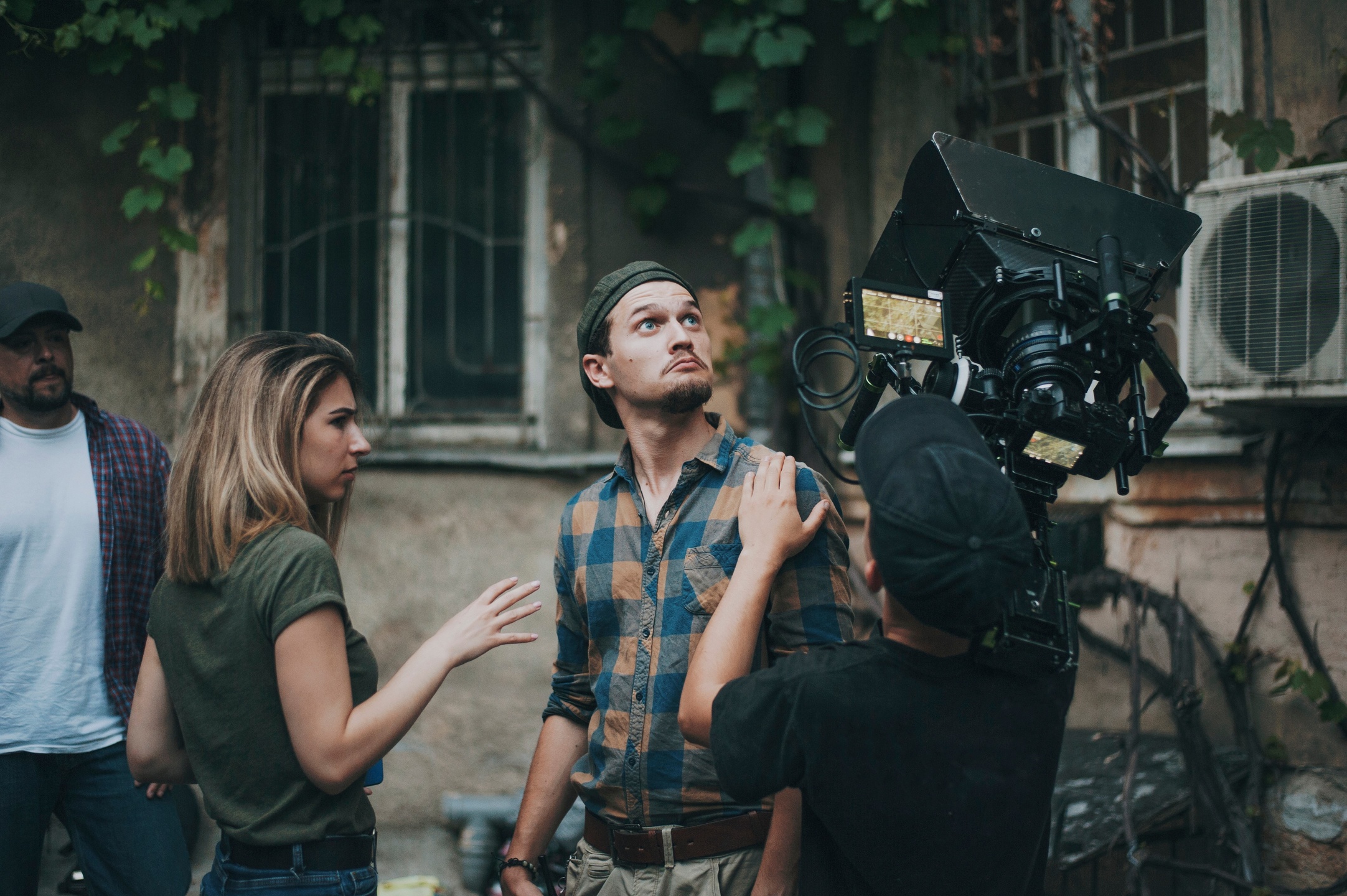Cast Resilience Consulting
Offering actors and production team members self-regulation tools to reduce stress, navigate challenging material, self-soothe before/during/after scenes, and have a framework to support their wellbeing throughout the production
The Need for Resilience
Research in psychophysiology reveals that the brain and body don't recognize the difference between imagination and reality. This suggests that when actors experience survival emotions 'in character', their own mental and physical wellbeing are impacted by those experiences.
This could put actors at risk of taking on the stress and traumas of their characters, developing burnout and other stress-related conditions, and ultimately becoming unable to continue their work as actors.
Resilience tools, self-hypnosis, and brain training modalities offer actors the ability to self-regulate, change their brain and body's response to stress, and maintain optimal health while navigating the challenges of an acting career.
Brain Training & Self-Regulation Tools for Casts
We work with casts to help them adopt healthy resilience habits and self-regulation tools into their performance routines to be able to...
- Safely come out of character
- Regulate their minds and bodies before and after performance
- Reduce stress to encourage creativity and inspiration in acting work
- Support their wellbeing during their contract
We work directly with the production team to customize tools and experiences that specifically cater to the production, the actors, and the demands of the show.
Depending on the production needs, services may be offered in a single workshop, a series of workshops, or ongoing support from a resilience specialist throughout the audition, rehearsal, and production process.


Resilience Consulting vs. Intimacy Coordination:
What's the Difference?
While intimacy coordinators help actors safely navigate intimate and violent scenes and may offer tools for de-roling, resilience and brain training work teaches actors self-regulation tools to support their mental and physical wellbeing throughout the entire production. This includes ongoing use of mental practices and tools to...
- change the brain and body's response to stress, both at work and in life
- safely get in and out of character
- regulate the nervous system when survival emotions arise
- find more joy in the work
- be more grounded, centered, and present in the work
- encourage and strengthen creativity in all genres
- & more
The Practices
Modalities utilized in cast resilience work include (but are not limited to):
- Self-hypnosis
- Practitioner-led hypnosis (for groups + individuals)
- Guided imagery & visualization
- Laughter yoga
- Guided meditation
- Breathing techniques
- Mind-body movement practices
- Installation (from Positive Neuroplasticity)
- Journaling
These services are available for not just actors, but the whole production team and crew!
Tools vary depending on the demands of the production and the needs of the actors.


Resilience isn't just for tragedy
While much of this work involves providing actors self-regulation tools to safely navigate challenging and traumatic roles, resilience is necessary in all genres, including comedy!
Acting in any situation involves openness, vulnerability, and risk-taking. When our brains and nervous systems are under stress, taking risks becomes threatening and much more difficult. On the contrary, when we use tools to feel safe and regulated, we are open to embracing the unknown with curiosity and confidence.
So whether you're in a comedy, horror, drama, tragedy, or even improv, resilience tools are key to helping actors feel safe and able to show up with full access to their fearlessness and imagination!
Bring Resilience to Your Production
Let's start a conversation! Fill out the inquiry form below and let us know a little about you, your production, and your goals, and we'll set up a call!
Get in touch!Meet Your Guide
Emilie Leyes (she/they) is a NYC-based actor, singer, brain training specialist, and hypnosis practitioner.
She holds a B.A. in Acting and Vocal Performance from Muhlenberg College. For the last 4+ years, she has been researching the intersections of neuroplasticity, acting, and psychophysiology (mind-body connection). She is certified in Positive Neuroplasticity and Positive Psychology, and is formally trained in clinical hypnosis. She is currently on track to receive a Masters and PhD in Mind-Body Medicine at Saybrook University, where she is researching resilience and self-directed mind-body practices for actors.

